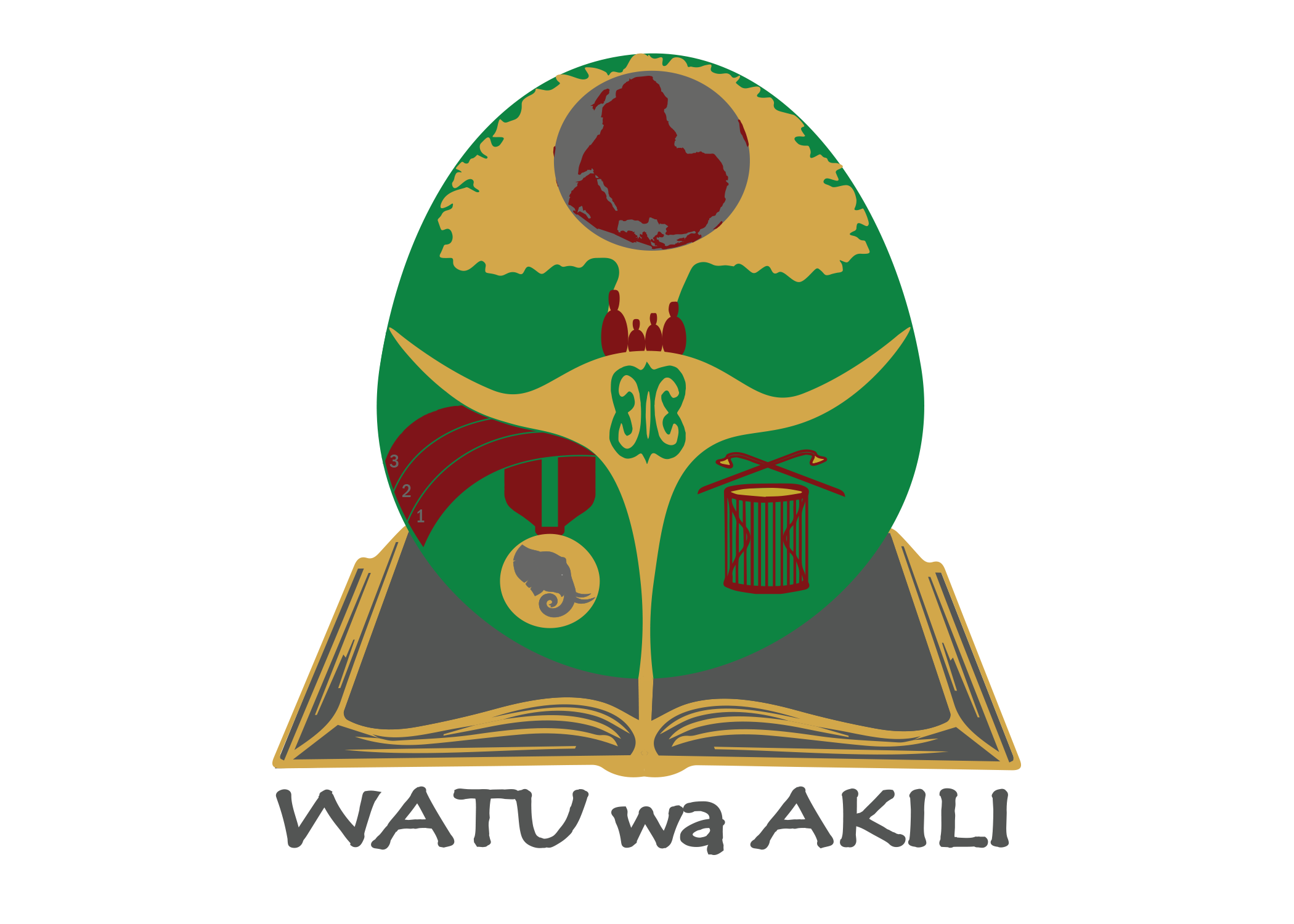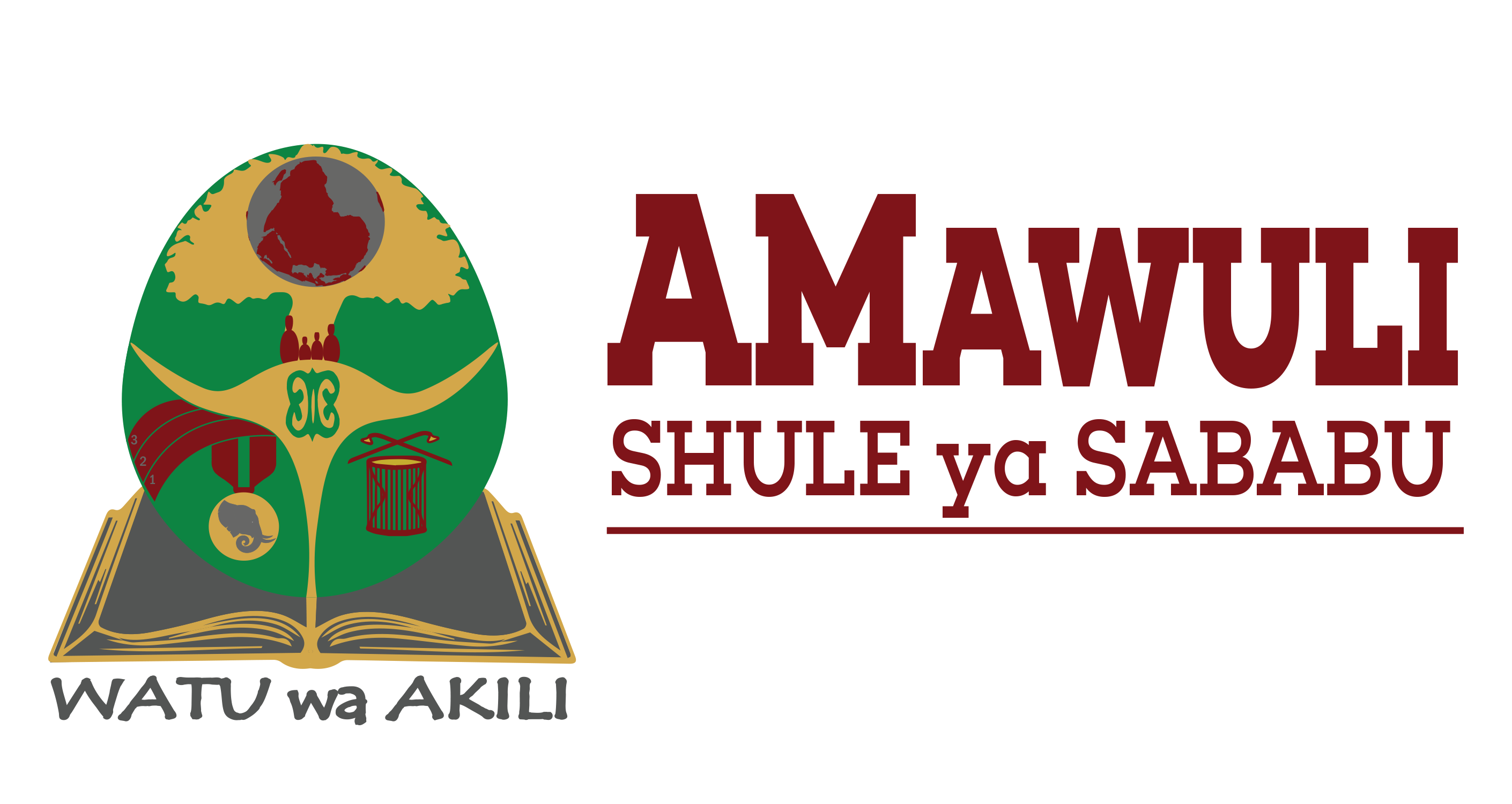Overview & GUIDE
Education at AMAwuli Shule ya Sababu builds resolution-based competencies infused in fundamental principles of character, namely, Heshima (respect), Kujali (regard), Jukumu (responsibility). AMASS educational partakers are inspired to self-awareness and self-leadership, with which learners harness critical skills in reasoning, comprehension, and resolution. Through offering an involving atmosphere, an AMASS education is specific in its overall objective- to prepare learners to be initiative takers and problem solvers with a potent awareness of self and a lifelong eagerness to pursue more in knowledge than is currently known.

Disciplines
The Seven (7) primary disciplines of study at AMASS inform the core subject areas which align with defined Sectors of Functionality. The seven disciplines are:

Instructorship
All personnel, from faculty to administrators, have a vested commitment to the children and families of AMAwuli Shule ya Sababu. Faculty serve as facilitators of the learning process where engagement is not solely confined to the parameters of four-walled classroom spaces but extends beyond. Additionally, school personnel collaborate and offer continued trialogue between learners and their families to ensure there is collective forward mobility in aspired development of the child, and continuous strengthening of family relations. Faculty and staff at AMAwuli Shule ya Sababu are equally permanent students of life who are solution-based pragmatists that move beyond engulfs in theory to serving the essentials towards an empowered reality for all involved in the educational pedagogy.

AMASS instructorship (4) stages:
1. Two (2) year Introduction:
The first 24 months at AMAwuli Shule ya Sababu is a period of immersion into aspects of understanding personhood. Inclusive in subject matters covered are family, heritage, the interconnectivity of past, present and future, occurrences and outcomes in experiences, identifying conceptions, coding and decoding theoretical frameworks and contextualization of realities. Learners are brought to an awareness of the intricacies in communication, developing strong literacy competencies and grasping modalities of interacting with self and others.
2. Early Stages:
Learners begin to move beyond theoretical dispensations to assessing constitutes of implementations. Learners understand the importance of due process, appropriating judgment, credit, and consequence. Leaners are afforded greater opportunities to exercise self-initiated responsibilities while exploring and developing upon identified skills, talents and interests.
3. Mid Stages:
4. Later Stages:
Learners are at a point in development where they take charge of certain aspects of instruction, both for self and contributing to knowledge for the collective. Learners engage as vested pragmatists who have direction and certainty of clarity in their identified endeavors and commitments.
Faculty & Administrators
Quick Links
About
Admissions
Privacy Note




